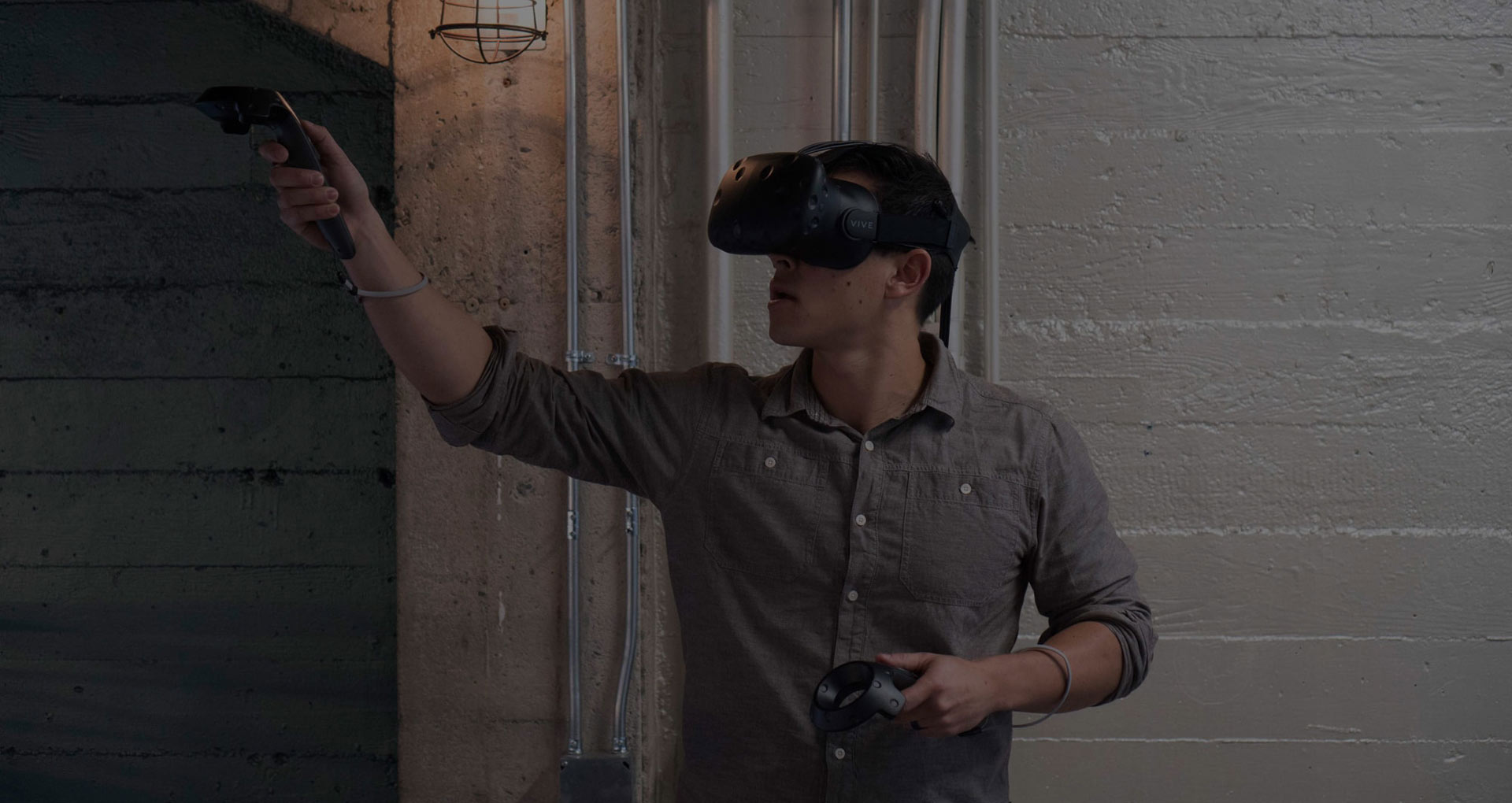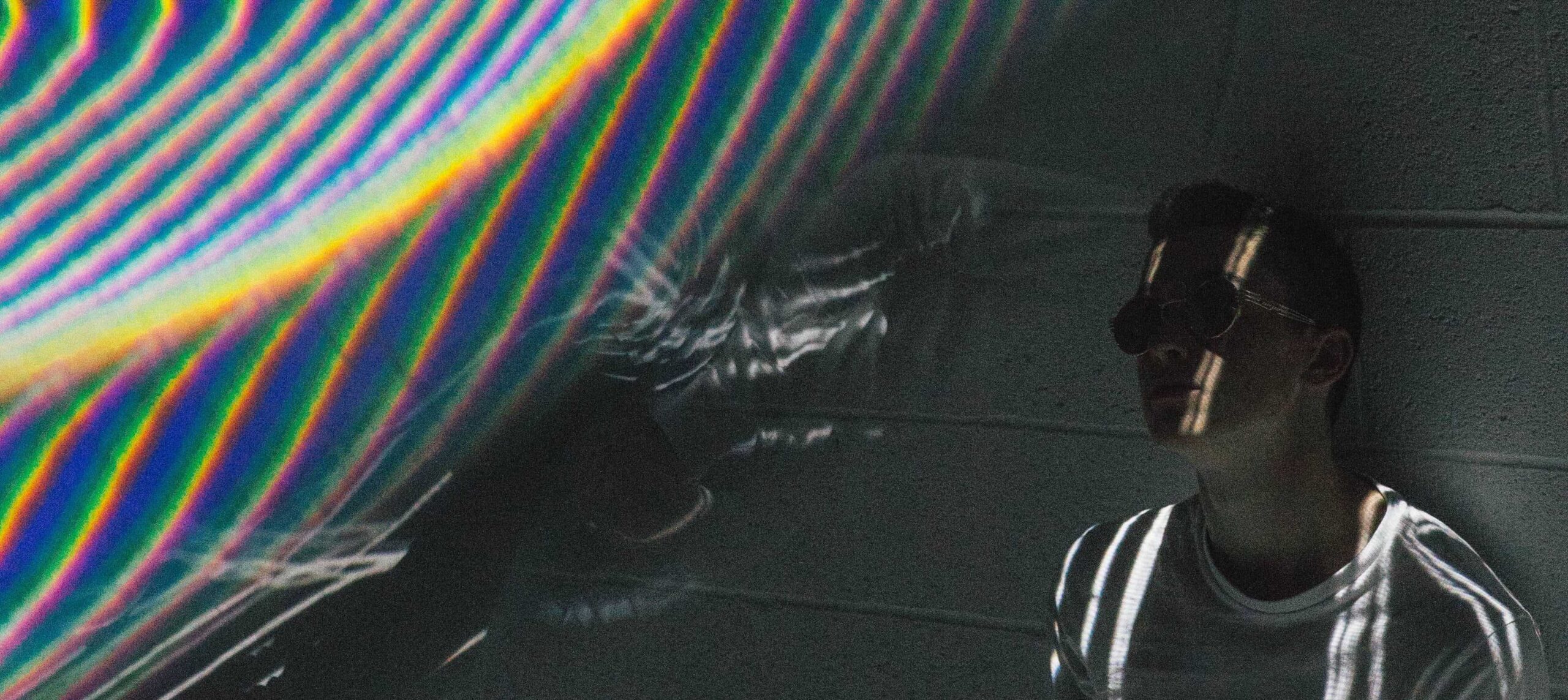A groundbreaking study published in the peer-reviewed journal JMIR Mental Health has demonstrated the significant potential of virtual reality (VR) in enhancing behavioral activation (BA) therapy for adults with major depressive disorder (MDD). This research adds to a growing body of evidence supporting the use of immersive technologies in mental health treatment, aligning with a global trend towards utilizing VR for various mental health conditions.
The study, a randomized controlled trial involving 26 adults with MDD (mean age 50.3 years), compared the effectiveness of traditional BA therapy with an innovative approach incorporating VR simulations. Participants in the VR-enhanced group engaged in virtual activities designed to promote positive emotions and behaviors.
Key Findings
- Enhanced Effectiveness: The study found that VR-enhanced BA was significantly more effective in reducing depressive symptoms and improving overall functioning compared to traditional BA. This aligns with the findings from a 2024 Business Insider article stating that “VR therapy has shown promising results in treating anxiety, depression, and PTSD.”
- Increased Engagement: Participants in the VR group reported greater engagement, enjoyment, and motivation in therapy, leading to better adherence and outcomes. This resonates with the sentiment expressed in a Forbes article on VR therapy, which noted that “patients often find VR therapy to be more engaging and less intimidating than traditional methods.”
- Promising Future: The research suggests that VR has the potential to revolutionize BA therapy, offering a more immersive and engaging experience for patients struggling with depression. This potential is further highlighted in a VA News article discussing the use of VR to treat PTSD, stating that “VR allows therapists to create realistic scenarios that can help patients confront and process traumatic experiences in a safe and controlled environment.”
Why This Matters
This study aligns with a growing trend in the mental health field, where VR is being recognized for its ability to create safe, controlled environments for patients to confront and process difficult emotions. With the increasing affordability of VR headsets and the ability to create diverse virtual experiences tailored to individual needs, therapists can leverage this technology to immerse patients in scenarios that help them develop coping skills and build resilience in a way that feels more engaging and less intimidating than traditional therapy methods.
Conclusion
The study published in JMIR Mental Health offers compelling evidence of the effectiveness of VR in enhancing BA therapy for depression. This research opens up exciting possibilities for the future of mental health treatment and could pave the way for wider adoption of VR-based therapies.
References
- Chen, J. Y., et al. (2024). Examining the Efficacy of Extended Reality–Enhanced Behavioral Activation for Adults With Major Depressive Disorder: Randomized Controlled Trial. JMIR Mental Health. https://mental.jmir.org/2024/1/e52326
- Felton, C. (2024, May 17). Virtual Reality Therapy Is Helping People Overcome Anxiety, Depression, And PTSD. Forbes. https://www.forbes.com/health/mind/virtual-reality-therapy/
- Lee, J. Y. (2024, May 2). Virtual reality is being used to treat mental health disorders. Business Insider. https://www.businessinsider.com/virtual-reality-mental-health-treatment-anxiety-depression-disorders-2024-5
- Veterans Affairs. (2023, November 22). Using virtual reality to treat PTSD. VA News. https://news.va.gov/127282/using-virtual-reality-to-treat-ptsd/






